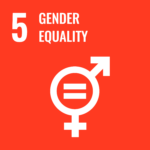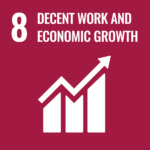In rural and peri-urban areas of Zimbabwe, people often travel significant distances on foot or by bicycle to accomplish domestic tasks or to access markets. Without access to reliable public transport, medical emergencies can escalate, and farm produce can spoil. Those with access to vehicles are vulnerable to the impact of fluctuating global fuel supplies and prices which are often prohibitively high. A ReCAP research study suggests that transport barriers disproportionately impact women. Zimbabwe’s government has developed the National E-Mobility Policy and Market Readiness Framework which aims to transform Zimbabwe’s transport sector into a modern, sustainable, forward-looking sector. The Framework seeks to improve access to affordable, clean transport without reducing air quality or undermining the country’s efforts to meet its emissions reduction targets.




